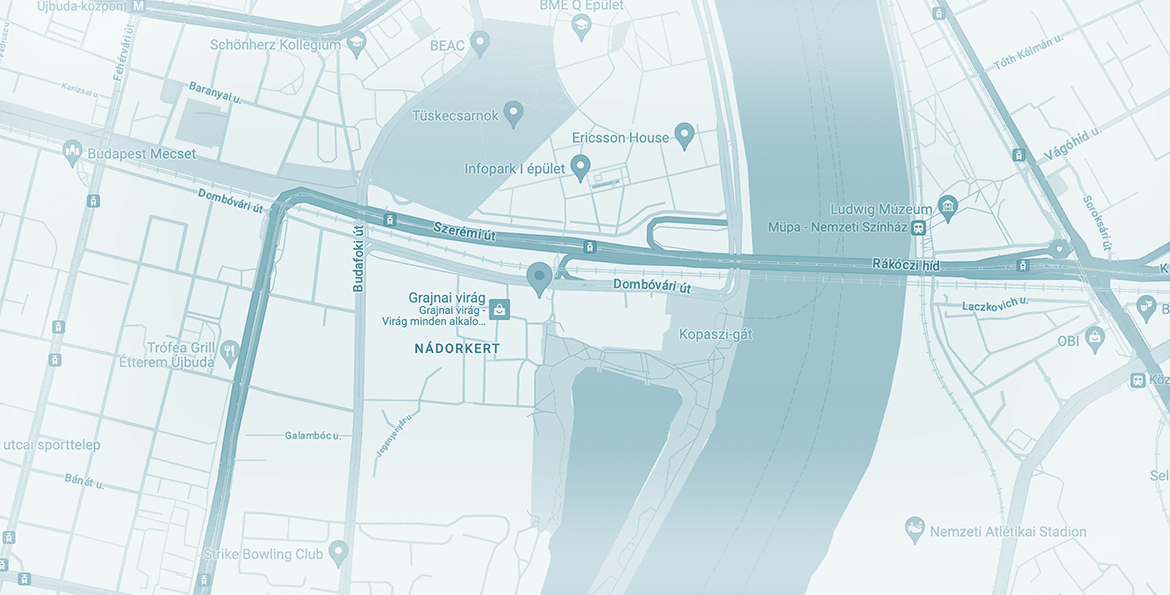
KIVA: a small tax for small businesses in Hungary
KIVA is a tax for small businesses in Hungary. As opposed to running an LLC and paying the “regular” taxes (9% corporate tax and various other taxes, especially on payroll), the 11% rate of KIVA includes corporate tax, social contribution tax and vocational training levy. This, combined with how the tax base is calculated, makes KIVA very favorable in certain cases. But which Hungarian enterprises can opt for this taxation structure, and when should they?
KIVA is a tax for small businesses in Hungary. As opposed to running an LLC and paying the “regular” taxes (9% corporate tax and various other taxes, especially on payroll), the 11% rate of KIVA includes corporate tax, social contribution tax and vocational training levy. This, combined with how the tax base is calculated, makes KIVA very favorable in certain cases. But which Hungarian enterprises can opt for this taxation structure, and when should they?
Last updated on December 15, 2025.
This article is somewhat outdated. To see the latest information, read our latest article on the topic.
Conditions for choosing KIVA
Since KIVA is for “small” businesses, your enterprise can only enter this regime if it does not exceed certain figures. Please note that you must meet all these requirements to be eligible.
- Balance sheet total: max. HUF 3 billion (EUR 8.2 million)
- Total yearly revenue: max. HUF 3 billion (EUR 8.2 million)
- Company headcount: max. 50 employees
However, once your company pays KIVA, it can continue to do so as long as it does not go over a total yearly revenue of HUF 6 billion (EUR 16,4 million) or 100 employees.
Changes to KIVA from 2021
The figures mentioned above are effective as of 1 January 2021. Previously, the threshold for balance sheet total and total yearly revenue was HUF 1 billion (EUR 2.7 million). The headcount limit remained the same. As a result, KIVA became an even more advantageous tax for small businesses.
The main benefits of this tax for small businesses
KIVA is the most favorable tax for small businesses with high profitability, low staff expenses and low dividend payments. This usually applies to companies selling services. Prime examples include software development and web design, but also marketing and translation: the key is offering intellectual work and not physical goods.
Production companies may benefit from this structure as well. The local business tax of these enterprises is usually quite high, especially if they cannot deduct their expenses. However, KIVA gives them the option to calculate their local business tax based on 120% of their KIVA tax base, which can be a significant advantage.
The main benefits include:
- Unpaid dividend is not subject to taxes
- Tax base is reduced if profit is re-invested
- Saving 6% on costs related to personnel
- Possibility to pay less local business tax
Should your SME choose KIVA?
The tax base of KIVA is determined by staff expenses and dividend paid. By contrast, the tax base of “regular” corporate tax is determined by profit before taxes. As a result, KIVA is an advantageous tax for small businesses where profitability high, costs related to personnel are low and dividend is re-invested instead of being taken out. As profits decrease or staff expenses increase, KIVA becomes less favorable than “regular” taxation. Determining this turning point requires complex calculations, but the basic math for maximizing the benefits of KIVA is simple.
- Profits should be high because you do not need to pay taxes after them.
- Wages and dividends should be low since they factor into the tax base.
However, this structure does not allow for reclaiming vocational training levy. Therefore, it is not a suitable tax for small businesses offering training programs, as they may profit more from reclaiming vocational training levy. Please also note that KIVA consolidates affiliated undertakings. Click here to learn which companies are considered affiliated and what consolidation means.
You can also try our SME tax calculator to see whether KIVA or TAO (the regular corporate tax) is best for your company. Click here.
Entering and leaving the KIVA structure
You can switch to KIVA whenever you want to, provided that you fulfill the criteria mentioned above and do not owe more than HUF 1 million in taxes. To apply, you need to fill in the form T201 and submit it to the National Tax and Customs Administration through the Company Gate.
Leaving the regime is only possible at the end of the year. However, enterprises whose total yearly revenue exceeds HUF 6 billion are removed immediately. Being under liquidation or forced strike-off will also lead to the immediate termination of your KIVA status, while in this latter case, your VAT number will be deleted as well.
Need help? Contact us!
If you would like to know more, contact your English-speaking accountant at Helpers Finance for a detailed breakdown. You can learn more about our accounting services here. You can ask for a consultation by calling our office on +36 1 317 8570, by e-mailing info@helpersfinance.hu or by filling in our contact form.
Contact
Get in touch today
Monday - Friday
9am - 5pm CET
Helpers Finance Kft.
Budapart Gate
Dombóvári út 27
Budapest 1117, Hungary
If you’re visiting us, please use entrance A and come to the 2nd floor.



